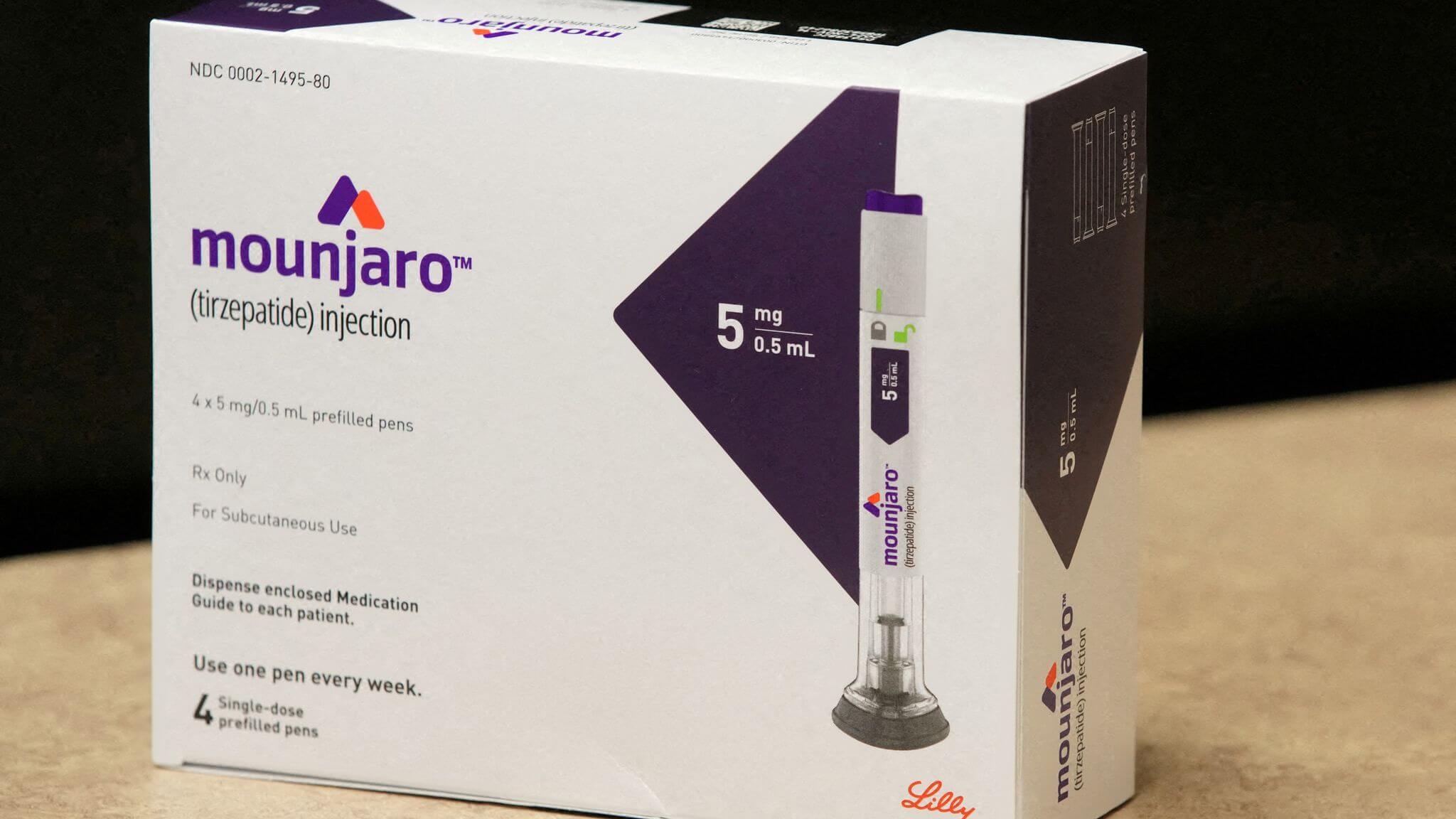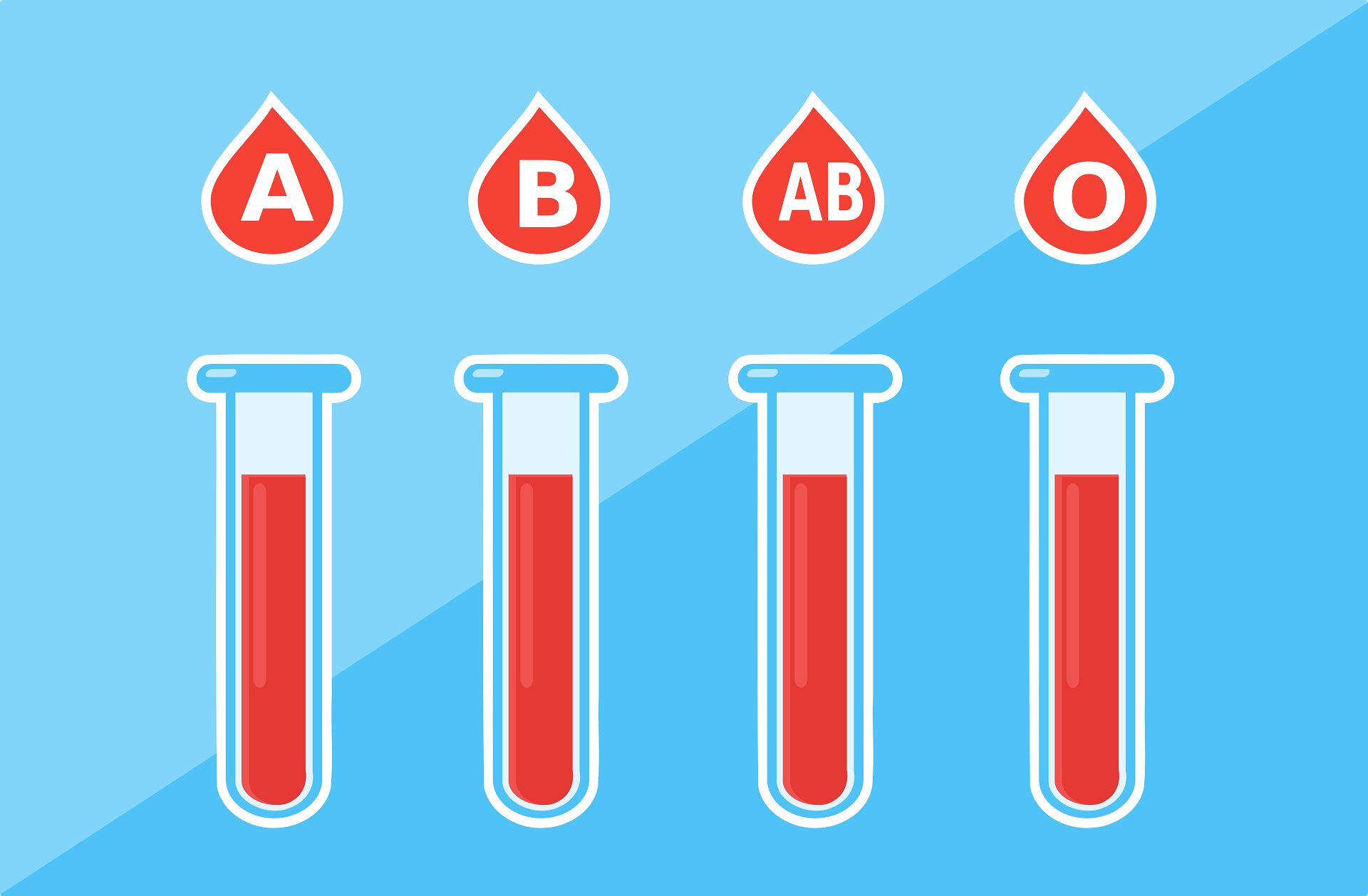Smoking, Obesity more harmful than low level radiation: study
Tue 19 Sep 2017, 13:50:47

Modern lifestyle threats such as smoking, obesity and air pollution are more harmful than exposure to low-level radiation, a study warns.
Human populations have always been exposed to ionising radiation, and more so in modern life due to its use in medicine, such as x-ray machines, industry and the military.
Researchers, including those at University of Oxford in the UK, investigated the relative risks of being exposed to low levels of radiation used in medicine, industry and the armed forces.
They found that overall risk to human health from low- level radiation exposure is small, particularly when compared with general risks from modern society, such as obesity, smoking and air pollution.
"We know a great deal about the health risks from radiation thanks to exceptionally careful studies of groups of people exposed to different levels from nuclear bombs or accidents, medical exposure of
patients, naturally occurring sources, and workers in the nuclear industry and medicine," said Angela McLean, professor at University of Oxford.
patients, naturally occurring sources, and workers in the nuclear industry and medicine," said Angela McLean, professor at University of Oxford.
"From these studies it is clear that moderate and high doses of radiation increase the risk of developing some types of cancer," McLean added.To illustrate the size of this increase in risk, if 100 individuals were each briefly exposed to 100 mSv (millisievert is the measure of radiation dose), then, on average over a lifetime, one of them would be expected to develop a radiation-induced cancer, whereas 42 of them would be expected to develop cancer from other causes, researchers said.
"To put 100 mSv in context, the low dose from a CT scan of the whole spine is 10 mSv, while the average dose from natural background radiation in the UK is 2.3 mSv each year," researchers added.
The study was published in the journal Proceedings of the Royal Society.
No Comments For This Post, Be first to write a Comment.
Most viewed from Health
AIMIM News
Latest Urdu News
Most Viewed
May 26, 2020
Can Lionel Messi's visit boost Indian football?
Latest Videos View All
Like Us
Home
About Us
Advertise With Us
All Polls
Epaper Archives
Privacy Policy
Contact Us
Download Etemaad App
© 2025 Etemaad Daily News, All Rights Reserved.

























.jpg)
.jpg)
.jpg)


